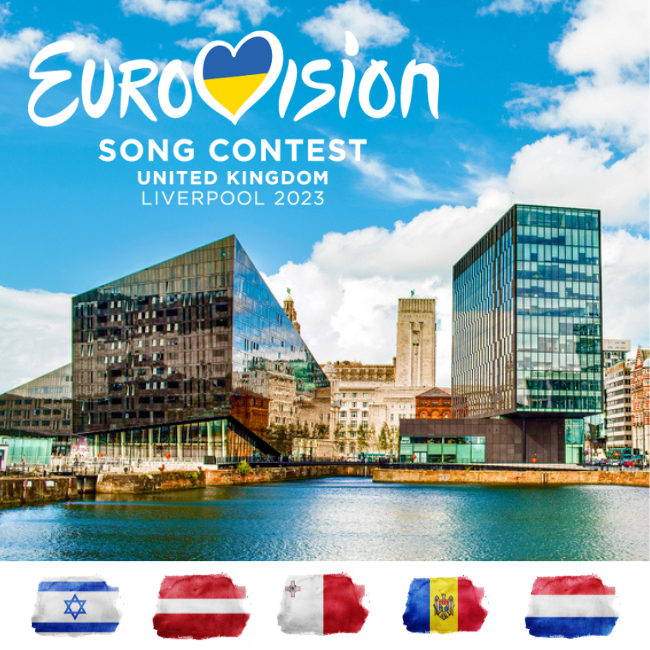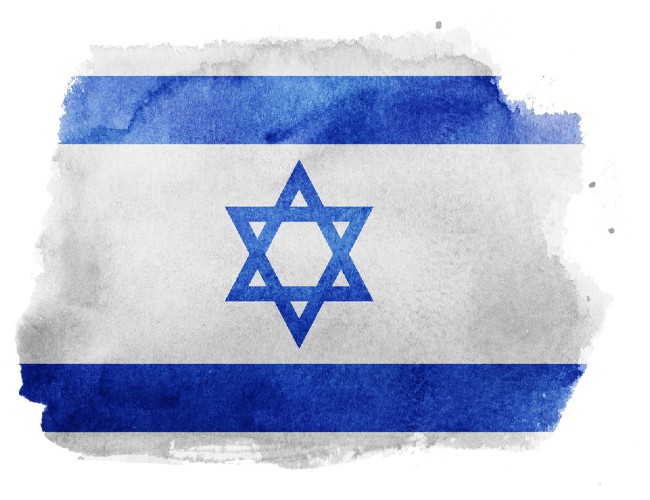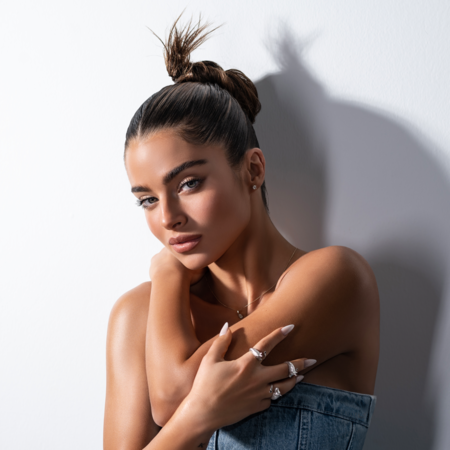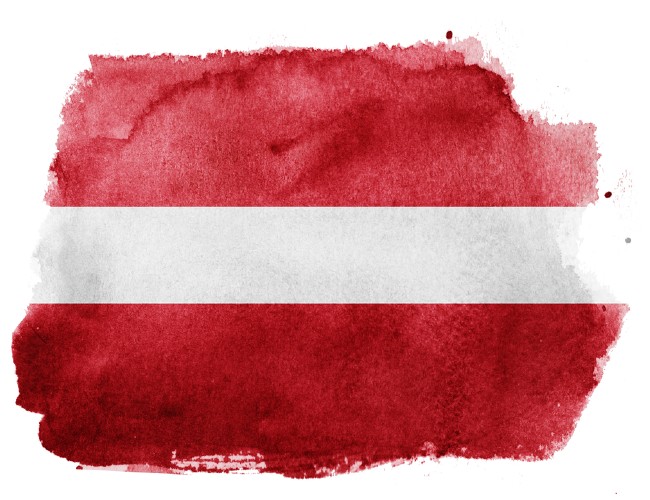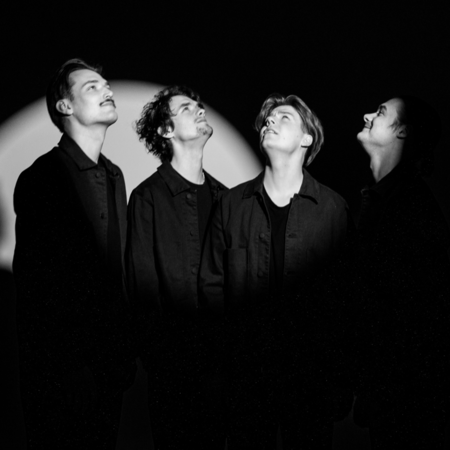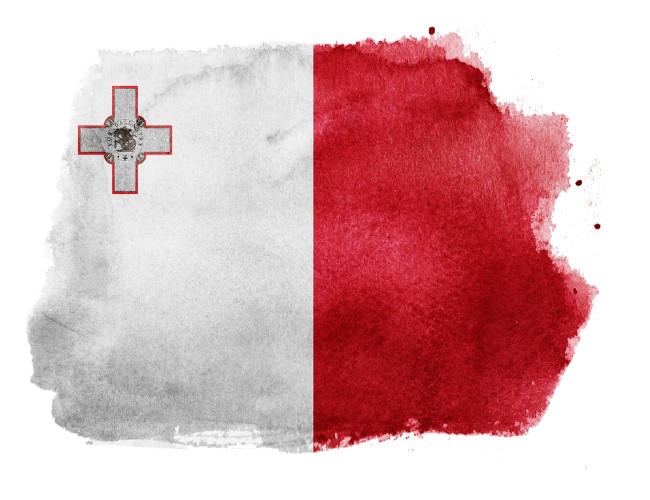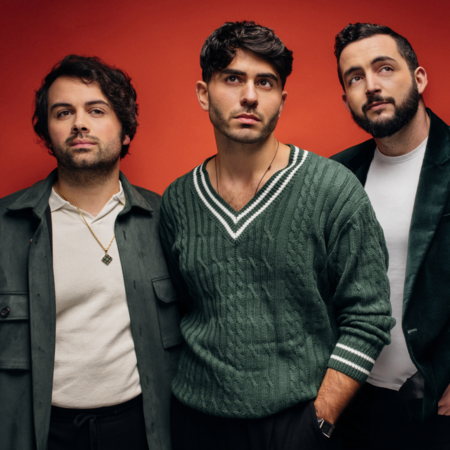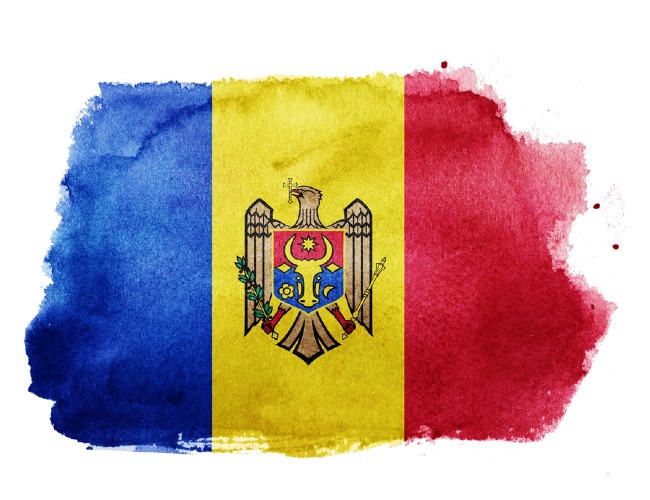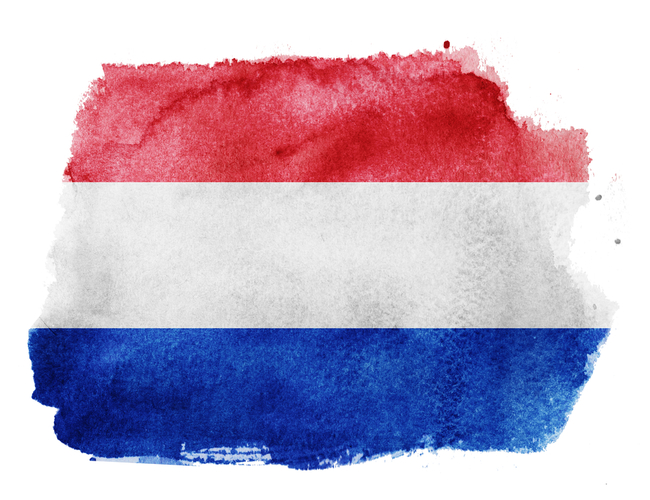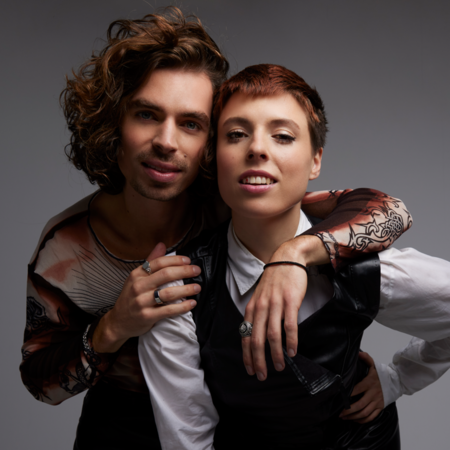What is the Eurovision Song Contest?
Started way back in 1956 as a way of drawing a fractured Europe back together with the healing power of music, the Eurovision Song Contest, or Concours Eurovision de la Chanson – the contest is telecast in both English and French – is open to all active members of the European Broadcasting Union, which oversees the competition.
Each country is permitted to submit one three-minute song to the contest – a song which is selected by a variety of means, usually a winner-takes-all competition such as Sweden’s renowned Melodifestivalen – which their selected entrant performs in one of two semi-finals in the hopes of making it to the glittering grand final.
Only six countries have direct entry into the grand final:
- The Big Four who fund most of the contest – UK, Germany, France and Spain
- The host country (which is the winner of the previous year’s contest)
- Italy, who didn’t take part for many years and was re-admitted in 2011 after a 14 year absence (it was one of seven countries that competed in the first event), making the Big Four the Big Five.
The winner is chosen by a 50/50 mix of viewer votes (you cannot vote for your own country) and a jury of music industry professionals in each country, a method which was chosen to counter the alleged skewing of votes based on political and/or cultural lines when voting was purely the preserve of viewers at home.
Past winners include, of course, ABBA in 1974 with “Waterloo” and Celine Dion who won for Switzerland in 1988 with “Ne partez pas sans moi”.Above all though, the Eurovision Song Contest is bright, over the top and deliciously camp, a celebration of music, inclusiveness and togetherness that draws annual viewing figures in the hundreds of millions.
This year’s event
Sporting the theme “United by Music”, the Eurovision Song Contest 2023 is being co-hosted by 2022’s winner Ukraine (“Stefania” by Kalush Orchestra) and runner-up the UK. Traditionally the winner would host but Russia’s invasion of Ukraine in February 2022, which is ongoing, has meant that’s not possible so the contest will be held in Liverpool, with the event hosted by Ukrainian and UK presenters and a clear emphasis on the unity in music that Eurovision has always celebrated.
ISRAEL: “Unicorn” by Noa Kirel
THE ARTIST
One thing that becomes immediately obvious when you take a look at the life of any of the singers fronting up to the Eurovision Song Contest, and likely anyone who has sough to make a name for themselves in the world of music, is how early they began their musical journey.
It’s EARLY in just about all cases, and exhibit A here is Israel’s representative, Noa Kirel who released her debut single at the age of 14 before signing with Atlantic Records just four years later.
A talented singer, actress, dancer and TV host, Kirel was almost ordained to enter the arts when a rabbi joked that the then-three-month-old girl, who was being treated for a serious kidney condition at the time, that she might become a dancer, a predictive quip driven by the fact that her name was changed form Noya to Noa (meaning “movement” in Hebrew) in a bid, you have to assume, to spiritually address her malady.
She may have had an early start but Kirel has made the nost of it, winning awards and garnering trophies (such as ‘Best Israeli Act’ at the MTV Europe Music Awards) like the rest of us get groceries, becoming a judge on Music School and Israel’s Got Talent, and performing on front of 35,000 people at an outdoor concert in Tel Aviv.
So, most definitely runs on a very crowded board but can she add to her sterling list of accomplishment by a big win at Eurovision/
THE SONG
Quite apart from her Lionel Ritchie ability to cling to ceilings with style and grace, Kirel definitely has an unmissable set of pipes on her.
They give vitality and life to her song “Unicorn” which bristles all the top-charting melodic swagger you could ask for, all surging beats and emotional pouting.
The key thing here is that it’s a brilliantly good pop song, with a musical break that will make for a showstopping performance on the night of semi-final 1 and some strident vocal posturing that finishes the song that will seal the end of the song like nobody’s business.
But is it a winning song?
Not likely; it’s great pop but it’s missing that Eurovision X factor that will really make it stand out so expect Israel to make it to the grand final and to do rather nicely in the placings but not to trouble the winning #1 position.
LATVIA: “Aijā” by Sudden Lights
THE ARTIST
From little things big (and bright) things grow.
Beginning back in 2012 when cofounders Andrejs Reinis Zitmanis and Mārtiņš Matīss Zemītis were both students at Pāvuls Jurjāns Music School in Riga, Sudden Lights, not also comprising guitarist Kārlis Matīss Zitmanis, and bassist Kārlis Vārtiņš have gone to do very nicely thank you, kicking off their run of success in 2015 when won the upcoming musician competition First Record at the Riga State Gymnasium No.1.
That led to them recording their first song which naturally culminated in a debut album, Priekšpilsētas (Suburbs), the songs from which were embraced by Latvian radio and gave the band a Golden Microphone 2018 nomination for best debut.
While they did try for Eurovision selection back in 2018, the only nabbed the runner-up spot so you can imagine how excited the band of best friends was to come first this year.
But winning a national selection comp, while impressive is one thing, but can that same audience enrapturing energy replicate itself on stage in Liverpool?
THE SONG
If you go by the insistently energetic drumstick beats that kick off the song alone, then the answer would have to be “Yes!”
But then the song, while highly listenable and possessed of emotionally rich vocal stylings and a beat that drives things winningly forward, settles into a reasonably lovely but not dramatically good rock song.
Things do pick in the bridge and final act of the song, however, and if the band can harness the zest of that last portion, they could very well take Latvia into the grand final; if this happens, however, don’t expect Latvia to walk off the trophy, highly likeable though these guys and the song might be.
MALTA: “Dance (Our Own Party)” by The Busker
THE ARTIST
The name of Malta’s entry is The Busker and if you’re tempted to try and divine some sort of deeper meaning from this moniker, resist and desist immediately for the group is named, rather prosaically (but hey, truth in nomative naming and all that) after the fact that began their musical career by busking on the streets of Malta (no idea which ones but a lot?).
Starting back in 2012 – it seems to have been the year for it, right Latvia? – singer and guitarist Dario Genovese and percussionist Jean Paul Borg, the band added bassist and keyboardist David Grech and saxophonist Sean Meachen a couple of years later (Genovese and Grech have since left, leaving a trio in their wake).
Their Eurovision bio, evokig the Donny and Marie Osmond vibe of “a little bit country … a a little bit rock ‘n’ roll”, says The Busker’s sound is “a little bit of soul, a little bit of pop, and a little bit of funk”, drawn, no doubt from the fact they love bands like The Beatles and The Beach Boys.
With two albums behind them – 2017’s Telegram and 2018’s Ladies and Gentlemen – The Busker have carved out a nice career which has culminated in being picked to represent Malta this year at Eurovision.
THE SONG
But busking on the streets of Valletta is one thing but fronting a huge arena in Liverpool is a whole other thing so the burning question is can The Busker deliver on their urban-origin promise?
The answer is most assuredly in the affirmative with “Dance (Your Own Party” driven by a buoyant upbeat melody, some very danceable influences and, dare we say it, the possibility of giving rise to a new Epic Sax Guy contender.
While the song is infectiously fun, it’s also a little underwhelming, never quite building the full head of poppy steam it initially promises; having said that though, one arrestingly good on-stage performance and Malta could well be in with a chance for a healthy grand final placing.
After all, if there’s one thing that Eurovision audiences have proven, when they’re not picking moving ballads of course, is that they love to dance and The Busker certainly delivers up a number worth dancing to, and hopefully, fulsomely voting for.
MOLDOVA: “Soarele şi Luna” by Pasha Parfeni
THE ARTIST
Pasha Parfeni has Eurovision running through his veins, according to his official event bio. (This could cause problems with all that glitter and fiery residue likely doing nothing to encourage healthy blood flow.)
The singer-songwriter-musician not only represented Moldova back in 2012 in Baku, Azerbaijan where his song “Lăutar” garnered his home country 11th place overall but he’s also been involved, so says his official Eurovision bio, “with multiple national final songs in Moldova” as well writing the 2013 national entry, O Mie”, which was performed by Aliona Moon with, yep, you guessed it, Parfeni accompanying her on piano (that was a return favour after Moon did his backing vocals in 2012).
So, Eurovision credentials writ large with a great nbig neon-lit tick but is that this artist has accomplished?
Oh how you jest! No, of course not – Parfeni, who began studying music super early in life (it helps if your mum is a piano teacher and your dad is a singer and guitarist), has been vocalist with the Sunstroke Project, he’s taken part in and won numerous competitions (think first place out of 23 performers in the George Grigoriu International Pop Music Festival in May 2009) and appeared at a slew of music festivals, as well as doing rather nicely in his solo career.
Success appears to follow this talented music artist but will it manifest at Eurovision where a lot of nationally successful big fish are swimming in a very small musical pond?
THE SONG
With a song, “Soarele și Luna”, written we are told by “wife and muse” (handy and wholly efficient), that soars with folk-inspired, goosebump-inducing upbeat pop, there’s every chance Parfeny will generate a lot of interest for Moldova.
Continuing a Eurovision tradition of combining old folk with new music trends, Parfeni has an absolute winner with his entry which feels appealingly light and buoyant musically while also infused with darkly melancholic vocals that add a whole muscularly ethereal vibe to proceedings.
So atmospheric is this slice of intensely uplifting pop that it recalls the music of Go_A which channelled a similar feel.
If the song is armed with a vibrantly creative performance, and the clip gives every indication this is something Parfeni could manage with ease, then you can expect it to really set the arena alight and propel Moldova to a fine placing indeed.
NETHERLANDS: “Burning Daylight” by Mia Nicolai & Dion Cooper
THE ARTIST
Collaboration between music artists is nothing new at Eurovision and it works a treat for artists Mia Nicolai and Dion Cooper who bring their respective talents to bear on Netherland’s 2023 entry.
Their musical marriage is the result of some artistic matchmaking by 2019 Eurovision winner, countryman Dunan Laurence who, with his partner, songwriter Jordan Garfield, worked out, and with remarkable prescience because Nicolai and Cooper are great together, that they would make some very sweetly successful music if they became a duo.
And so it has come to pass with Nicolai, who grew up with ballet and violin before launching herself into chart-topping pop hits (partly while living in London for two years), and Cooper, who has done rather nicely with what the duo’s Eurovision bio calls”, joining forces (and who, apparently, meditates naked in front of an infrared panel every morning) and rather happily being unanimously selected by the Dutch selection committee to represent the Netherlands.
But can the woman who wants to marry Harry Styles (quite understandable; he’s mighty fine) and a man who, kismet alert!, cites one Mr. Styles as a musical influence – see they were meant to be together! – take this twosome chemistry and make something singularly striking out of it?
THE SONG
It’s become obvious rather quickly that Cooper and Nicolai are a musical gift.
Their vocals marry beautifully, on “Burning Daylight”, a song which gives each singer the chance to shine individually before they join up to richly harmonic, great emotional effect, the vocal wattage of which is significantly upped on the chorus which you imagine will absolutely capture the hearts of the audience.
In fact, if these two can sustain the vocal grandeur and emotional resonance of the recorded version of the song, this could well be a semi-final standout, one of those performances that draws all the oxygen in the best way from the room, and stills everyone who recognise a musical moment when they see it.
The song is a piece of powerful pop that confirms Laurence and Garfield were right on the money when they saw duo greatness ahead for Cooper and Nicolai, and which will send the Netherlands rather deservedly into another grand final appearance that should place very highly indeed.
It’s time to go aerial in Liverpool. Get your inner bird on and check out this drone footage …
